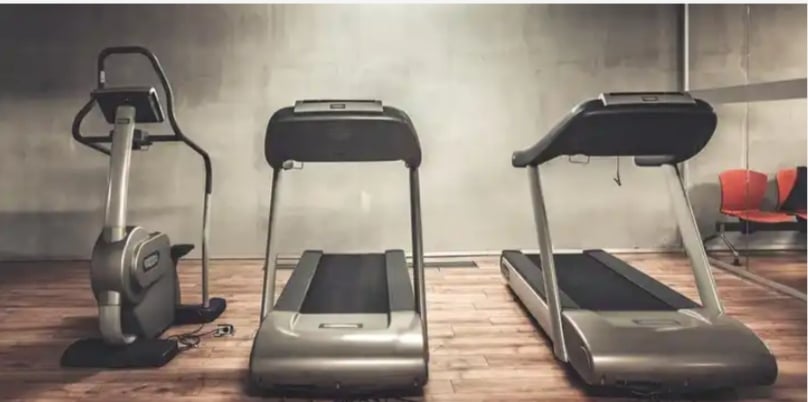Running, weight lifting, tennis; whatever your pick of weekly exercise, the process of moving your limbs is fantastic for both your body and mind.
The mental benefits to exercise simply cannot be overstated. Dramatic reductions in stress levels, anxiety and even dementia symptoms are well-reported and all a direct result of frequent exercise.
As fantastic as exercise is, injuries are a part of the process. Though you may be capable of training yourself, the other half of health is handling the injuries. This is where experts like Broadmead Physiotherapy can support your journey towards a happy, healthier you.
Injuries Happen.
One of the major mental health benefits of exercise is the self-confidence and satisfaction of seeing yourself improve and grow stronger. The physiology of strength training entails muscle fibres being worn down during exercise.
This process is named hypertrophy: you’re tearing the muscle fibres in your limbs, after which they grow back stronger. Repeated hypertrophy sees your muscles grow in volume. This works the other way, too: don’t use them, and they will start to atrophy.
However, exercise entails more than just your muscles: your joints, bones and tendons are all involved in explosive compound movement. Unfortunately, your joints do not grow back stronger. This is why football, for example, has a higher risk of arthritis at the knee joints.
Injuries from exercise can undo a lot of the progress achieved through dedicated, continuous hard work, as muscles that have grown used to movement start to atrophy.
Physical injuries lead to anxiety, depression, and decreased self-esteem. These can not only impact your future choice of exercise - it can outright prevent you from returning to a sport you once loved.
Working Through Injuries
Injuries - though avoidable through stretching - happen to the best of us. From a mild strain, to torn Achilles ligaments, the recovery process needs to be personalised and adapted to each athlete’s lifestyle.
Unfortunately, many athletes choose to overlook or underestimate the severity of their injuries. This produces a vicious circle, where exercise produces greater amounts of pain and discomfort, further injuring you, until you have dug yourself into a far greater predicament than previously.
It’s no surprise that this is all too common: sometimes, the fear of losing progress outweighs the pain of pushing on.
This is where physiotherapy is an underrated gift.
How Physiotherapy Helps
If you’re struggling with an injury, it’s easy to throw everything you’ve got at it. Foam rolling; ice packs; constant stretching. However, this is a mistake.
Physiotherapy is incredibly potent thanks to its focus on looking at the body as a whole.
Furthermore, physio lends an all-too important psychological boost to the gruelling process of recovery. Instead of abandoning an exercise regime and tumbling into a mental freefall, physio lends you structure and tangible progress.
Manual physiotherapy is also incredibly important in speeding up the healing process. Here, your therapist will massage and mobilise the wounded tissue. This can relieve pain and stiffness, help fluid drain from wound sites, and improve circulation and movement.
No matter the severity of your injury, physiotherapy is vital in its threefold approach of education and advice; movement; and manual therapy.


